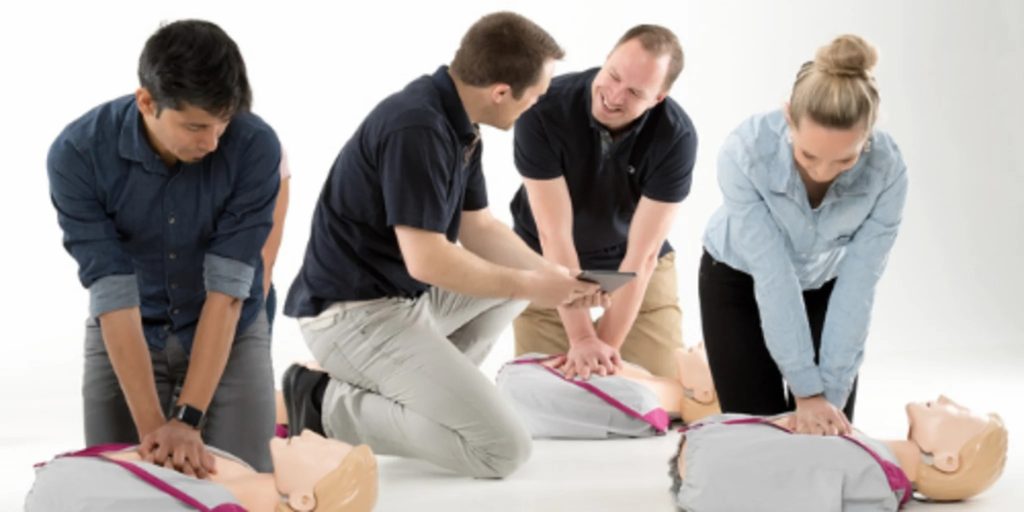Ensuring safe workplaces is a fundamental responsibility for organizations, and one of the most effective ways to achieve this is through comprehensive emergency response training solutions. Emergencies can arise unexpectedly, and when they do, an organization’s ability to respond quickly and effectively can mean the difference between minor disruptions and catastrophic consequences. Training employees on how to react during a crisis not only helps mitigate risks but also fosters a culture of safety and preparedness that benefits both workers and the organization as a whole. Comprehensive emergency response training equips employees with the knowledge and skills needed to handle a wide variety of emergency situations. This includes fire evacuations, medical emergencies, hazardous material spills, natural disasters, and workplace violence incidents. When workers are well prepared, they can act confidently and decisively, reducing confusion and panic during emergencies. Training often involves practical exercises, simulations, and real-life scenario practices, which allow employees to apply what they have learned in a controlled environment. These hands-on experiences help to reinforce procedures, ensuring they are fresh in the minds of employees when a real emergency occurs.

A key aspect of any emergency bhv herhaling response-training program is ensuring that employees understand their specific roles and responsibilities. Clear communication is critical in emergencies, and by defining tasks in advance, organizations can ensure that everyone knows what to do and where to go. For instance, employees might be assigned to specific areas to assist with evacuation or to provide first aid until professional help arrives. Emergency drills and role-playing exercises also allow employees to familiarize themselves with evacuation routes, assembly points, and the location of safety equipment, such as fire extinguishers and first aid kits. Beyond immediate responses, comprehensive training programs should also emphasize the importance of post-emergency procedures, including reporting incidents, conducting damage assessments, and offering emotional support to those affected. Organizations should also provide ongoing refresher training to keep safety practices top-of-mind and update employees on any changes in protocols or regulations. This is particularly important in industries where regulations frequently change or where new technologies and hazards emerge.
Effective emergency response training not only protects employees but also demonstrates a commitment to their well-being, which can improve morale and foster a positive workplace culture. When employees feel safe, they are more likely to be engaged and productive, which ultimately benefits the organization’s bottom line. Moreover, organizations that invest in training may also experience fewer work-related injuries, lower insurance premiums, and enhanced reputations for safety. In conclusion, a robust emergency response-training program is essential for any organization committed to maintaining a safe and secure workplace. By preparing employees for a wide range of potential crises, companies can ensure that they are not only compliant with safety regulations but are also providing their workforce with the tools they need to protect themselves and others in times of need.
